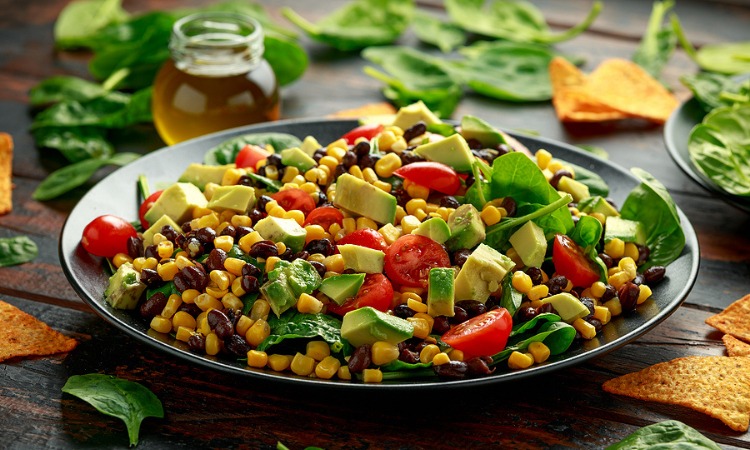Understanding the difference could affect your weight and health. The query is not straightforward. Given that it is connected to the neurological, endocrine, and digestive systems, as well as ultimately all body functions, the body's complex electrochemical communication for hunger and appetite is extremely sophisticated.
Hunger and appetite are connected; hunger is the body's biological reaction to food deprivation, while appetite is the want to eat. You've probably heard the saying, "Never go to the grocery store on an empty stomach," or "When food fantasies override the grocery list," and you've probably even experienced it. Suddenly, goods that weren't on the list have filled the cart.
Your brain is working hard to balance appetite and hunger. The hypothalmus is encouraging you to eat because it receives signals from your digestive system that "fuel" is needed. You observe queasyness, shakiness, lack of focus, and irritation. You start to consider eating and eating food. The cerebral cortex, the cognitive, decision-making part of the brain, is involved as physical hunger begins..
What about Appetite?
It's difficult to control appetite. Even if you are not in need of food, you can nevertheless have an appetite for it. When presented a succulent steak or a slice of apple pie, we want to satisfy our craving for pleasure. Because the taste is so great and so appealing, we can easily "out eat" the sensation of being content. However, the first step in calorie counting is realizing that appetite has more control than satisfying hunger.
Although it is rarely mentioned, circadian rhythm has a significant impact on hunger and appetite. Our internal clocks are precisely synchronized to the earth's 24-hour cycle of light and dark, which corresponds to our wake and sleep cycles. According to research, if we ignore our circadian rhythm when eating, we mayResearchers from the Division of Endocrinology at Northwestern University discovered neurons in the hypothalmus that act as the "central command" for hunger. These neurons, which are networked with our own physiologic clock, combine a number of impulses before transmitting signals of satiation or hunger to the remainder of the brain. Understanding these networks may help explain how body weight is regulated and may offer a hint as to why obesity and chronic diseases are becoming more prevalent.
The first meal of the day is crucial for energy expenditure, setting the body up for activity, and determining how much food we will eat later in the day because our bodies experience an increase in metabolic activity right after we get up. The metabolism slows down in the evening when we eat more, which may also have an impact on how well we sleep at night. It may be a setup for weight gain when we skip breakfast because we believe that we are "saving calories" by skipping an entire meal. When you do eat, your hunger may cause you to consume extra calories. According to research, prioritizing breakfast aids weight loss and weight maintenance by reducing calorie intake later in the day.
The proverb is credited to Adelle Davis (1904–1974), a well-known
TIPS FOR CHANGE
Create a nutritious breakfast that provides at least a third of your daily caloric intake.
Eat slowly so that your brain can receive satiety signals from your digestive system and register contentment from having consumed enough food.
Exercise "mindfulness," keeping in mind that your appetite can be what is causing you to eat more calories. Simply put, mindfulness is the deliberate consideration of what, when, and how much food you are consuming. Watch to see if you are eating out of appetite or hunger.
Investigate the cause of any poor sleep you may be experiencing. What you eat, when you consume it, and stress can all affect how well you sleep.
Hunger and appetite may be impacted by specific medical issues and drugs. Create a delicious eating plan in collaboration with a licensed dietitian-nutritionist.
Black Bean and Corn Salad

This recipe welcomes flexibility. Add other ingredients for variety. It’s quick, colorful and super healthy.
Salad: In a salad bowl combine 1 can of black beans (drained, rinsed) with 1-1/2 cups fresh corn (may use frozen or canned), 1-1/2 cups bite-sized tomato pieces or cherry tomatoes cut in half, 1/2 cup diced red onion.
Dressing: Combine 3 Tbsp. olive oil or canola oil with 2 Tbsp. fresh lime juice (or red wine vinegar), 1 tsp. honey, 1/2 tsp salt, 1/2 tsp. cumin


No comments:
Post a Comment
if You Have Any Doubit.Please let me know